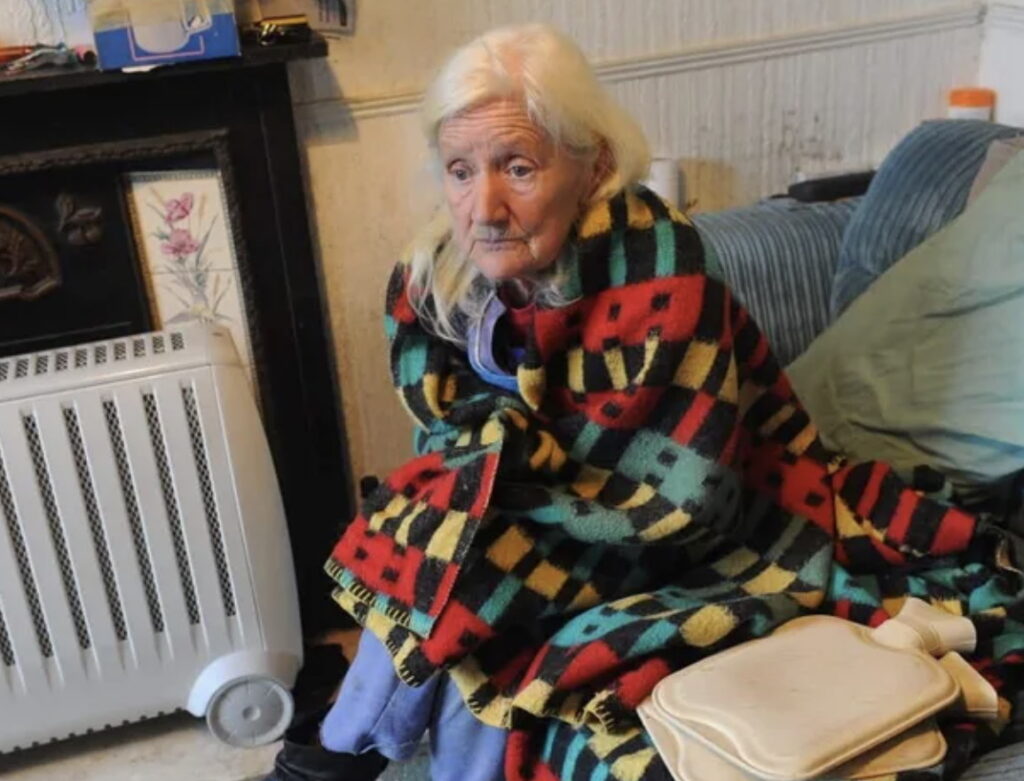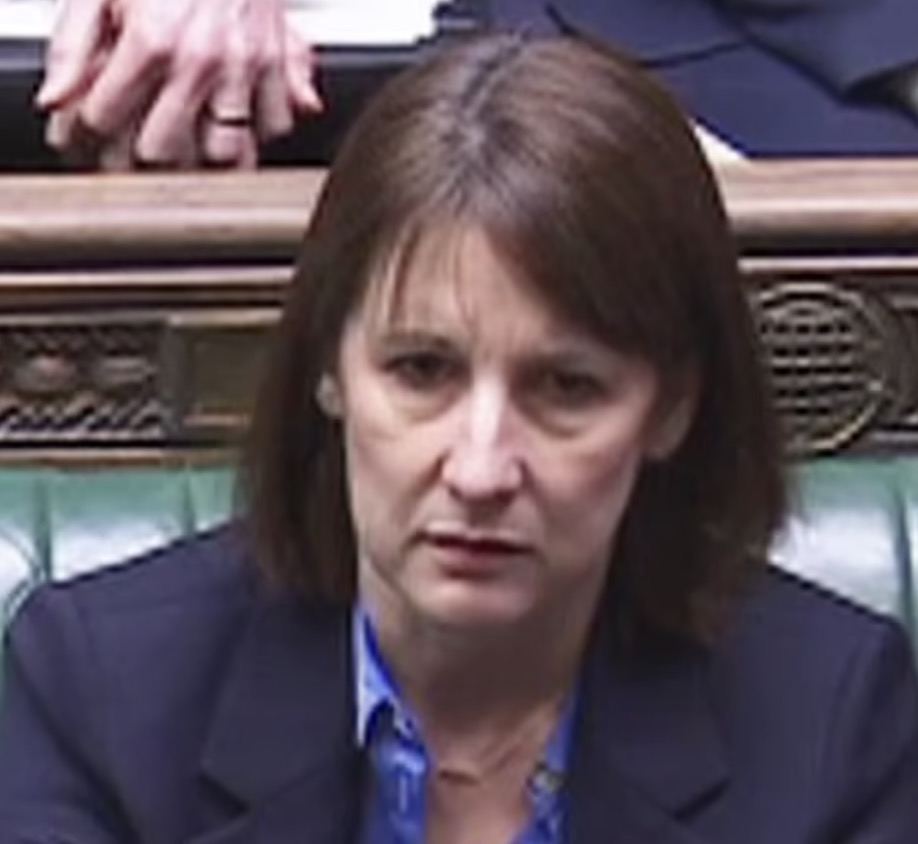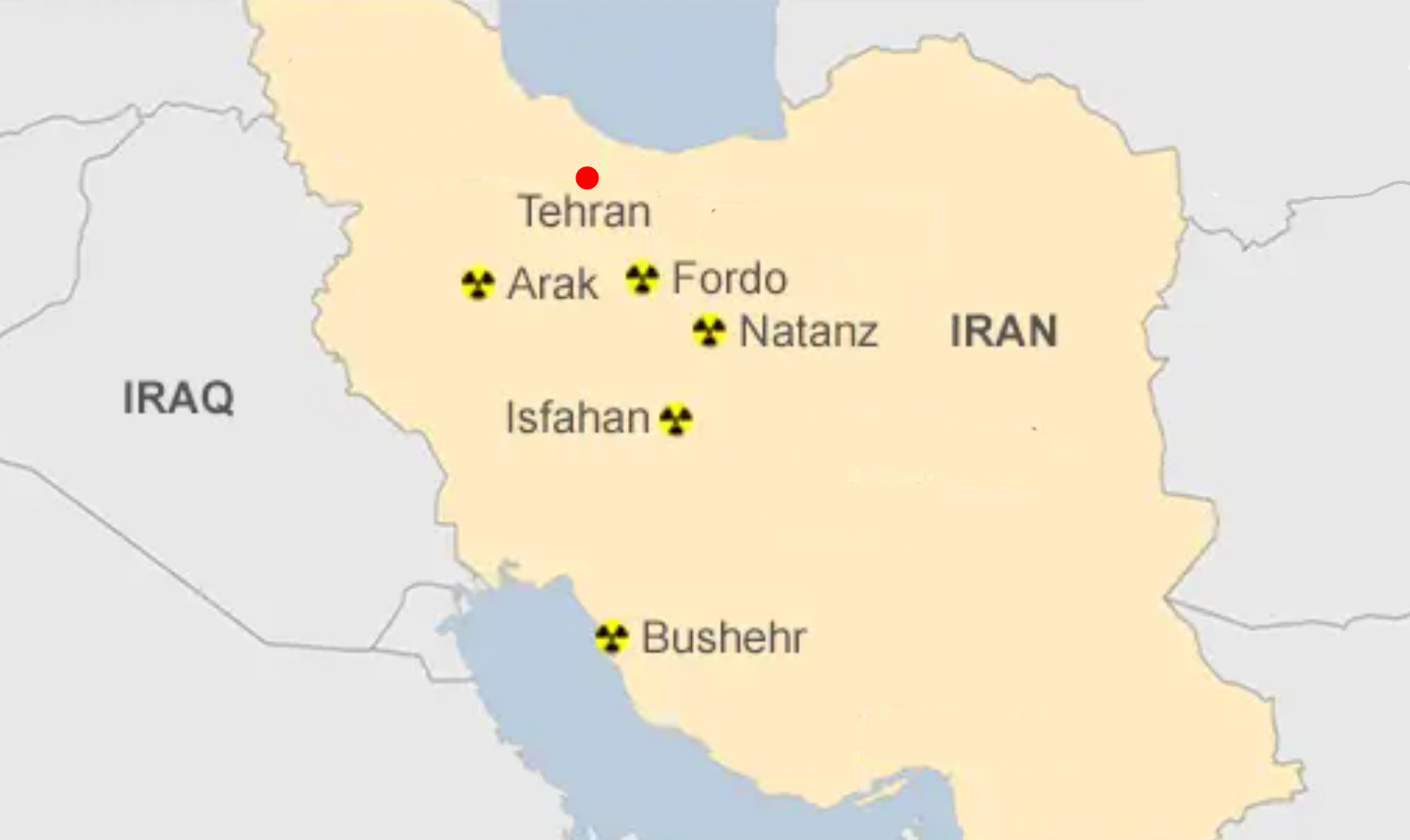ISRAEL AND IRAN GO TO WAR
Israel’s sudden commencement of war against Iran on Thursday night dwarfed the significance of the winter fuel allowance reinstatement and the spending review in the UK.

Israel launched Operation Rising Lion in an attempt to prevent Iran’s acquisition of nuclear weapons, bombing nuclear facilities, missile and drone launch capabilities and assassinating Iranian military leaders.
Just two days before the planned sixth round of talks between the USA and Iran about limiting Iran’s nuclear enrichment programme, Israel unleashed a direct attack against Iran on Thursday night.
Israel dropped more than 300 munitions on around 100 targets across Iran overnight, including Tehran and the nuclear facility in Natanz in an impressive display of MOSSAD’s covert intelligence work carried out over years. High-ranking Iranian military commanders were assassinated by the simple and effective Israeli ploy of bombing the apartment buildings in which they slept, while overground nuclear facilities were attacked and significant portions of Iran’s missile and drone launching capabilities were degraded.
Of course, after a brief pause, Iran responded with drone and missile attacks against Israel, for the most part intercepted by Israel’s “Iron Dome” defence system. Regime change is clearly on Israel’s shopping list, but a direct assassination of Iran’s “Supreme Leader” has apparently been ruled out by the USA (which somewhat punctures the USA’s position that it was not involved in Israel’s operation in any way.)
This conflict will inevitably roll on for some weeks at least, although the possibility remains that other regional players are drawn in to the conflict intentionally or via a stray bomb or missile veering off course either intentionally or accidentally. Iran will “lose” and the chaos of any potential regime change in Iran will probably rival some nuclear explosions in scale and destructiveness. Whether all this has the effect of securing Bibi’s legacy and allowing him to avoid outstanding criminal corruption charges only time will tell.
WINTER FUEL ALLOWANCE U-TURN

Rachel Reeves executed the extensively signalled U-turn over pensioners’ winter fuel allowance she removed in July 2024. That had been a confused and cynical exercise in strength signalling at the expense of the oldest (and coldest) members of society. However, by parroting the most obviously absurd justification for the reversal, Reeves now proves her many critics had a point: she’s just not up to the job.
Some demented Presser obviously thought a defensible line could be “… a necessary evil when we came to power in July because of the economic mess we were left in, but no worries, we’ve fixed all that and now the nation can afford for us to restore the allowance, but make it a bit more complicated so that it just becomes idiotic.” If this was self-delusion then the wake-up call came only 72 hours later when the UK GDP numbers were released, showing a 0.3% reduction in GDP in April. Like the illegal migrant boat arrivals, however, this was probably all down to the weather. Sadly, Reeves’ line probably was more wishful thinking than self-delusion.
Painful admissions deferred, electoral consequences not avoided.
UK SPENDING REVIEW
The reinstatement of pensioners’ winter fuel allowance allowed a cleaner approach to the reveal of the UK spending review setting out government spending for the next five years the following day. Briefly: spending significantly up for health, less significantly so for education, actual reduction in crime and justice spend (despite Yvette Cooper holding out to the bitter end), implementation of increase in defence spending to the 2.5% of GDP so painfully accepted last week, only to be politically superseded this week…

However, a slightly more structural perspective allowed by half an hour’s reflection suggests that the 2025 spending review is built around one central idea, even though that idea is hardly new: reclassify spending as investment and pray that unblocks some of the bottlenecks that have made UK economic growth so elusive. So, while Ministry of Housing, Communities and Local Government (MHCLG) expenditure is cut in real terms over the 5-year period a pot of extra “investment” sees an extra £1.6bn per annum in investment in social housing. Transport budget cuts by 5% but £16bn extra to be invested in locally-controlled transport infrastructure investments over the five year period. Energy departmental spending allowed to increase by negligible 0.5% per annum, but £12bn found to invest in new nuclear reactor at Sizewell.
So, spending bad, investment good. Of course the significant administrative savings will prove illusory, even with new AI “investment” but the legacy question will be “whether treated as expenditure or investment, will the extra spending unlock UK growth potential?” Predictably, however, the next general election will come before that question can be answered and will be settled on other political issues (immigration, health service delivery, crime and safety.)
Our insta: @theworldofukpolitics


Leave a Reply